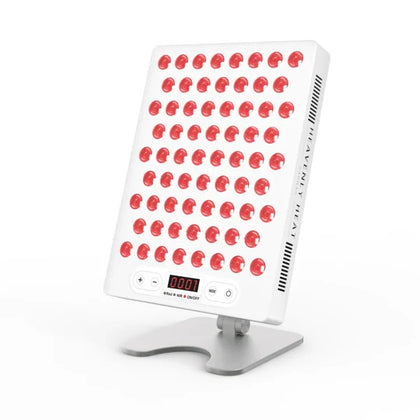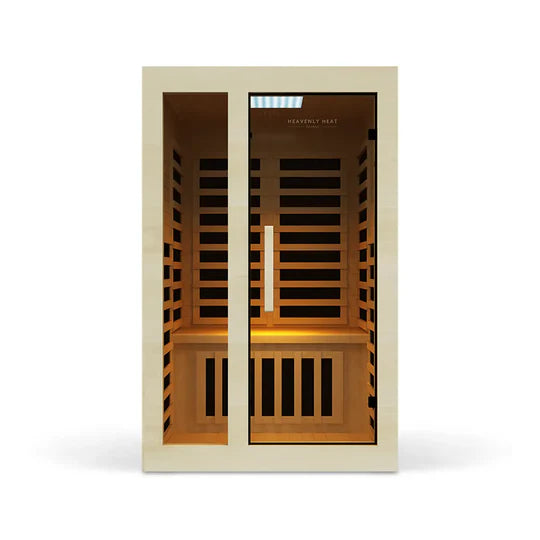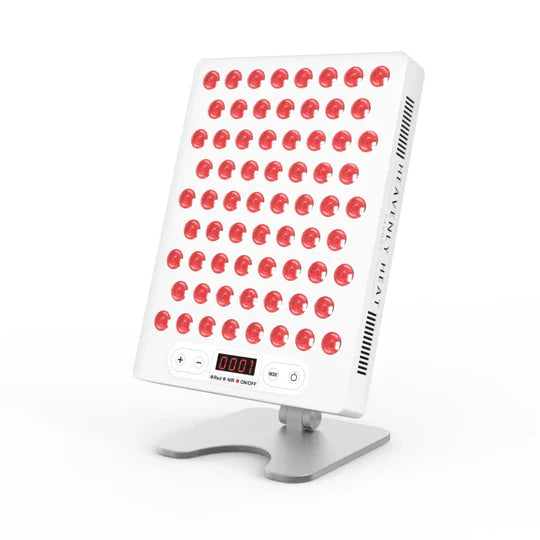Does a cold shower increase dopamine?

Feeling low, foggy, or unmotivated? A cold shower might be the simple fix your brain needs. It doesn’t just wake you up, it boosts dopamine, the “feel-good” chemical that powers your mood and focus.
In this article, you’ll learn how cold showers can lift your spirits and sharpen your mind, naturally.
Key Takeaways
-
Boost Your Mood Naturally: Cold showers can increase dopamine by up to 250%, improving mood and motivation.
-
Improve Mental Clarity: Cold exposure sharpens focus and enhances cognitive performance.
-
Support Emotional Resilience: Regular cold showers help your body handle stress better over time.
-
Regulate Your Brain’s Reward System: Cold therapy can reduce cravings and support healthy dopamine balance.
-
Feel the Effects for Hours: A single cold shower can keep dopamine levels elevated for several hours.
What is Dopamine?
According to the Cleveland Clinic, dopamine is a powerful neurotransmitter and hormone made in the brain, often called the body’s natural “reward center.”
It helps regulate essential functions like movement, memory, motivation, mood, attention, and learning.
Dopamine is key to feeling pleasure and staying focused, and imbalances in its levels are linked to disorders such as Parkinson’s disease, ADHD, and addiction.
Low dopamine levels can be caused by several factors, including:
Brain injury: Damage to areas that produce dopamine.
Receptor malfunction: When nerve cells can’t respond properly to dopamine.
Neurodegenerative conditions: Especially Parkinson’s disease, where dopamine-producing cells are lost.
Substance abuse: Prolonged drug use, like cocaine, impairs dopamine release and receptor function.
A deficiency in dopamine can lead to fatigue, low motivation, memory issues, mood swings, sleep problems, and reduced sex drive.
These symptoms often disrupt daily life, affecting work performance, personal relationships, and emotional well-being.
Thankfully, natural methods may help boost dopamine, such as regular exercise, eating tyrosine-rich foods (like almonds, bananas, and chicken), practicing meditation, or spending time in nature.
While medical treatment may be necessary in some cases, these lifestyle habits offer hopeful, low-risk ways to support dopamine levels and improve overall mental health.
What is Cold Shock Therapy?
According to the Mayo Clinic Health System, cold shock therapy, also known as cold-water immersion or cold plunging, involves briefly submerging the body in cold water, typically 50°F or colder, to trigger physiological responses that aid in recovery and performance.
The sudden drop in temperature causes blood vessels to constrict, reducing inflammation and muscle soreness while also stimulating the nervous system and boosting circulation.
Cold shock therapy offers several key benefits, including:
Muscle recovery: Reduces soreness and swelling post-exercise by decreasing blood flow and inflammation.
Faster cooldown: Lowers elevated core body temperature quickly after intense workouts.
Mental clarity: The jolt of cold can enhance focus and improve mood.
Improved sleep: Anecdotal reports suggest better sleep quality following cold plunges.
- Decreased inflammation: Constriction of blood vessels helps reduce swelling and supports joint health.

Benefits of Cold Shower on Dopamine
Increases Dopamine Levels Naturally
When your body is exposed to cold, it triggers a mild stress response that actually helps your brain function better.
This process, called hormesis, stimulates the nervous system to adapt by releasing feel-good chemicals like dopamine.
For example, The Journal of Neuropsychiatry and Clinical Neurosciences reports that cold-water immersion boosts dopamine levels naturally by activating cold receptors in the skin, which then signal the brain to increase dopamine production.
Reduces Symptoms of Depression
Feeling low or stuck in a mental fog? A quick cold shower might do more than just wake you up, it could actually help lift your mood.
Cold exposure triggers a flood of feel-good chemicals like dopamine and noradrenaline, both known to boost focus and motivation.
One study suggests that cold-water immersion may reduce symptoms of depression by stimulating the brain through thermal stress.
Another study supports the idea that brief cold showers can activate the nervous system in a way that mimics antidepressant effects, without side effects or medication.
Improves Focus and Mental Clarity
Cold showers may sharpen your focus and boost mental clarity by triggering a spike in dopamine, a key neurotransmitter involved in motivation and attention.
When exposed to cold, your body responds with a rush of alertness, partly due to this dopamine surge.
For instance, a 2021 review in the International Journal of Environmental Research and Public Health found cold exposure affected attention, processing speed, and executive function, suggesting a real impact on cognitive performance.

Regulates the Brain’s Reward System
Cold showers boost dopamine, a key chemical in the brain’s reward system that controls motivation and pleasure.
When dopamine levels are balanced, the brain responds better to real rewards instead of constant quick fixes.
Cold exposure triggers a strong dopamine release, which helps improve focus and mood. This natural boost may reduce cravings and addictive behaviors by lowering the brain’s need for instant rewards.
Over time, cold showers support stable dopamine levels, helping reset overstimulated reward pathways.
They offer a simple, natural way to regulate the reward system without relying on external stimulants.
Builds Stress Resilience
Building stress resilience helps support dopamine by training your body to better handle pressure, which in turn regulates your mood and motivation.
When you expose yourself to controlled stress, like cold water, it triggers a release of catecholamines, including dopamine.
This surge helps you feel more alert, focused, and emotionally balanced after the initial shock.
According to GeroScience 2024, cold water therapy increases the release of stress hormones and endorphins, enhancing mental resilience and lifting mood.
The body adapts over time, becoming less reactive to stress and more capable of bouncing back, supporting mental well-being and dopamine balance. This makes cold showers more than just a wake-up call.
How Long Does Dopamine Last After a Cold Shower?
Dopamine levels can spike by up to 250% after a cold shower and remain elevated for several hours.
This surge supports improved mood, focus, and energy. Cold exposure triggers this dopamine release, making cold showers an effective, natural method to enhance mental and physical performance.







































